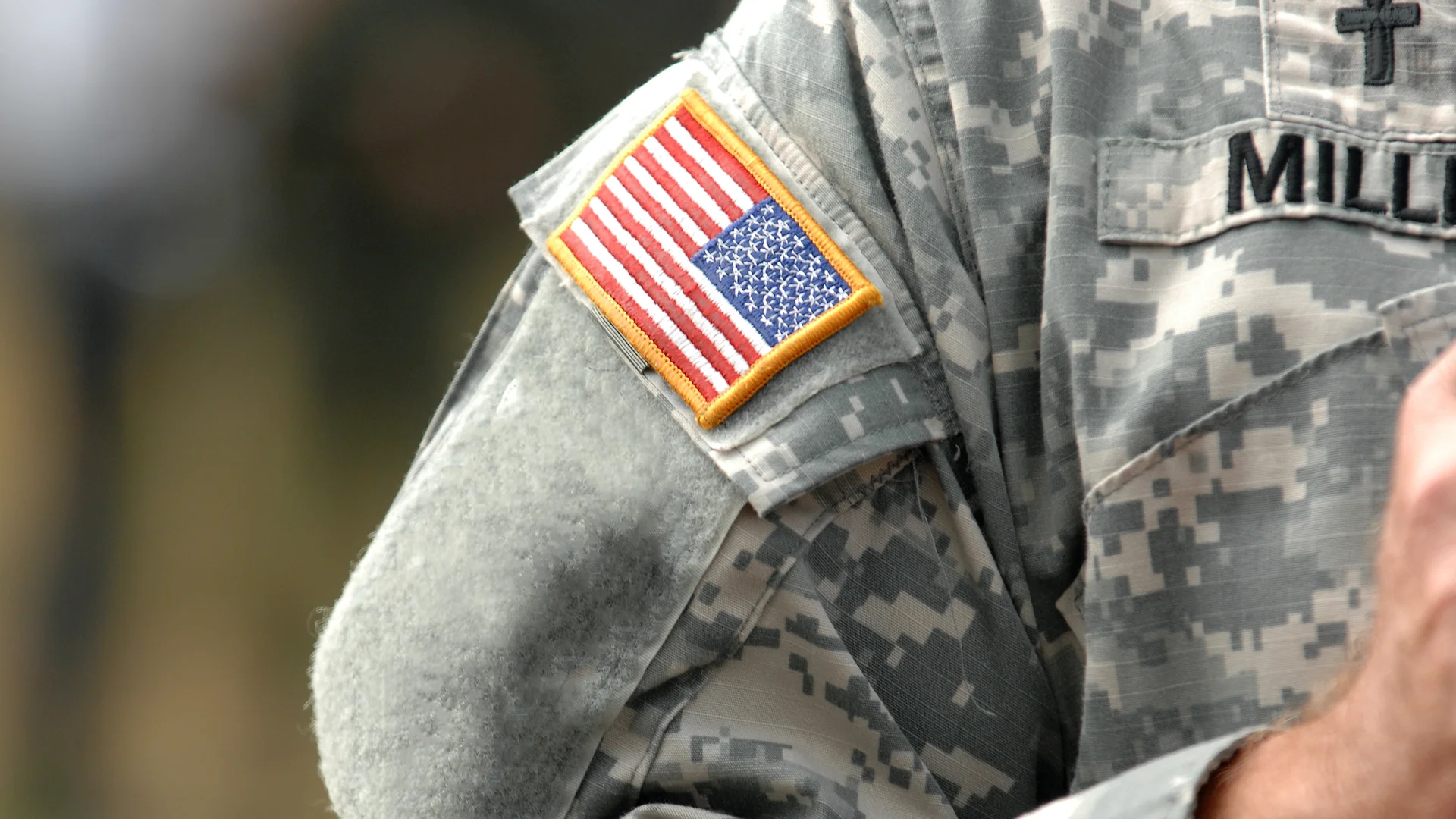Challenges, Solutions, and Lessons Learned from PPI Planning

The Poland Provided Infrastructure (PPI) program is an element of the 2020 Enhanced Defense Cooperation Agreement (EDCA) between the U.S. and Poland. Under EDCA, U.S. forces have legal status in Poland, can access authorized Polish military installations, and can expand infrastructure to accommodate the U.S. military.
“Poland is a very strategic partner for NATO,” said Nathan Kent-Harbor, AICP, chief at the Regional Planning Support Center for the United States Army Corps of Engineers (USACE) Europe District. “They are basically the linchpin in the Eastern Front security for Europe in NATO. The hope is that through this cooperation and infrastructure improvement program, there will be increased partnership and interoperability between the two nations’ military forces, and a strategic positioning of Poland that supports their role in NATO and in the security of the Eastern flank of Europe.”
While Poland leads the design and construction of PPI projects, USACE is responsible for executing the PPI initiative on the U.S. side. As such, USACE is tasked with ensuring infrastructure designed and built in Poland through the program meets requirements for U.S. forces’ use and operation. However, providing this infrastructure isn’t an easy feat.
Navigating Unknown Territory
The PPI program is one of a kind. As explained by U.S. Air Force Program Analyst Megan Rutell, “Partnership programs come in all varieties, but the PPI program is unlike anything I’ve ever worked on before. It’s really in a league of its own.”
USACE Europe District and U.S. Air Forces in Europe (USAFE) contracted the joint venture of Woolpert and Black & Veatch to provide master planning and programming services for PPI. The project team worked with U.S. and Polish stakeholders to deliver a real property vision plan and concept plan for multiple distinct facility types at locations across Poland. The project team also provided two area development plans (ADP), mission requirements analysis, and cost estimates for Łask Air Base and Wroclaw Airport. These deliverables execute the planning portion of the project with the ADPs guiding future PPI development and investments.
The collaborative effort between USACE, USAFE, Woolpert, Black & Veatch, and U.S. and Polish stakeholders resulted in a successful project completion, though not without some unique challenges, solutions, and lessons learned.
Overcoming Challenges
Highly prepared for this initiative, the project team anticipated—and encountered—a variety of obstacles throughout the project. Keeping their eyes on the ultimate goal, the team committed to a posture of flexibility, communication, and willingness to learn, all necessary ingredients to generate solutions for three main challenges.
A Common Thread
For every challenge, Woolpert and Black & Veatch found an appropriate and unique solution—but the common thread in each one was collaboration and cooperation with the host nation. The Polish stakeholders, subcontractors, and subject matter experts were pleasant to work with and had a vested interest in overcoming any barriers to success. They continuously offered assistance and support through ongoing communication.
“We were able to overcome a lot of differences because of good communication throughout the process,” said Ramon Gil Lopez, program manager for Poland USAFE Bases and Forces Division. “Sometimes, we weren’t able to understand decisions or certain positions, so we had to sit down and communicate to understand each other’s points. The outcome was a successful agreement throughout all areas of the process.”
Etherington also believes communication played a significant role in project completion. He praised the host nation for its collaboration and cooperation. “The host nation is a great partner,” Etherington said. “These projects aren’t successful without great host nation partners. They gave us the right information and access to the right folks to get the job done.”
“It is both exciting and an honor to be a part of the PPI program,” said Rick Kaiser, President, Black & Veatch Special Projects Corp. “As a key and critical member of NATO, Poland is an excellent partner across every spectrum. Given the current geo-political concerns in Eastern Europe, it is even more important to execute this program effectively and efficiently. PPI is a truly innovative way to organize, design, and ultimately construct world-class defense infrastructure. I applaud the USACE efforts and truly believe that the Woolpert & Black & Veatch team is the best team to execute their mission.”
Lessons Learned
The project team took home invaluable lessons, including how the nuance of language impacts understanding, the trust-building effect of participating in cultural customs, and using good communication with the host nation to overcome project barriers. Equally important is the lesson that an invitation to another country for a project means every outside team member is a guest of the host nation. Everything the team does, from planning to execution, must be filtered through that perspective.
“When we compare Poland to the way we do business at other OCONUS U.S. bases, a lot of other OCONUS U.S. bases have a U.S. military commander with far-reaching, base-wide, decision-making power. But that’s different in Poland,” Rutell said. “We don’t own the bases in Poland. For all intents and purposes, even in countries where we don’t own the base, a lot of times we run the base. In Poland, we don’t. The bases are Polish, the commanders are Polish, and we are guests. That means on the U.S. side, we have to adjust our approach because some of our processes assume that the U.S. is in charge. We have to make the right decisions for the correct leader on both the U.S. and Polish sides. We want to make sure our processes work with theirs. That was a big lesson learned for us.”
This article first appeared in the Federal Planning Division Spring 2024 Newsletter
Contact us
Looking for a partner in innovation?
Let’s talk
